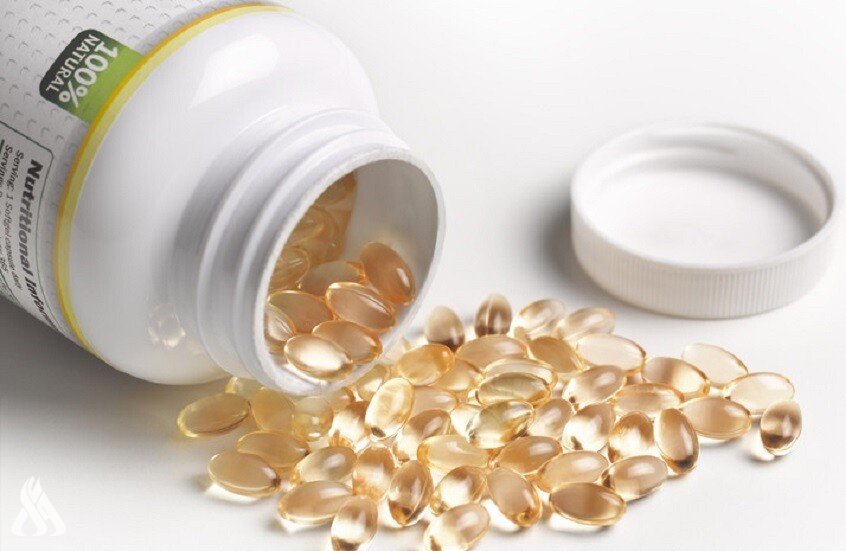Paris - Saba:
French researchers conducted a new study to explore the effect of vitamin D on patients with clinically isolated syndrome (CIS) and early stages of relapsing-remitting multiple sclerosis (RRMS).
The study, published in the journal JAMA, aimed to evaluate the role of high doses of cholecalciferol (a form of vitamin D) in modifying the disease course, with a focus on safety and efficacy as a single treatment.
The team from CHU Nîmes, the University of Montpellier, and several MS treatment centers in France discovered that oral administration of cholecalciferol (vitamin D3) at a dose of 100,000 IU every two weeks significantly reduced disease activity in patients with clinically isolated syndrome (CIS) and early relapsing-remitting MS (RRMS).
MS typically begins with an acute attack affecting the central nervous system, such as optic neuritis, transverse myelitis, or brainstem syndromes.
These initial symptoms are collectively called clinically isolated syndrome (CIS), however, they do not always lead to the development of MS.
Risk factors for relapse and transformation of clinically isolated syndrome (CIS) into clinically confirmed MS include:
- Oligoclonal bands in the cerebrospinal fluid
- High number of perivenular lesions on MRI
- Early age at symptom onset
Vitamin D deficiency is associated with increased disease activity, but previous studies on the effects of vitamin D supplementation have been conflicting.
Because of its immunomodulatory effects, vitamin D has been primarily tested as an adjunct to interferon beta. This study aimed to evaluate the efficacy and safety of vitamin D as monotherapy in recent-onset clinically isolated syndrome (CIS).
In the DLay MS randomized clinical trial, a double-blind, placebo-controlled study compared the effect of high-dose cholecalciferol versus placebo in untreated patients with CIS.
The study included 316 participants aged 18–55 who had symptoms of clinically isolated syndrome within 90 days prior to the study and had vitamin D levels less than 100 nmol/L.
During the trial, researchers divided the participants into two groups. The first group received 100,000 IU of cholecalciferol every two weeks (163 participants). The second group received a placebo (153 participants).
The trial lasted 24 months, and disease activity, such as relapse or the appearance of new lesions, was assessed using MRI.
The results showed that disease activity occurred in 60.3% of patients in the vitamin D group compared to 74.1% in the placebo group.
The median time to onset of disease activity was significantly longer with vitamin D (432 days versus 224 days).
MRI showed improvement in all secondary parameters favoring vitamin D, including a reduction in contrast-enhancing lesions (18.6% vs. 34.0%).
High-dose cholecalciferol reduced disease activity in clinically isolated syndrome and early relapsing-remitting MS.
These findings support further research into the use of high-dose vitamin D as an adjunctive therapy, especially in cases where access to disease-modifying therapies is limited.
The researchers are seeking to conduct future studies on the use of vitamin D as a complementary therapy, particularly in patients with severe vitamin D deficiency.

| more of (International) |




